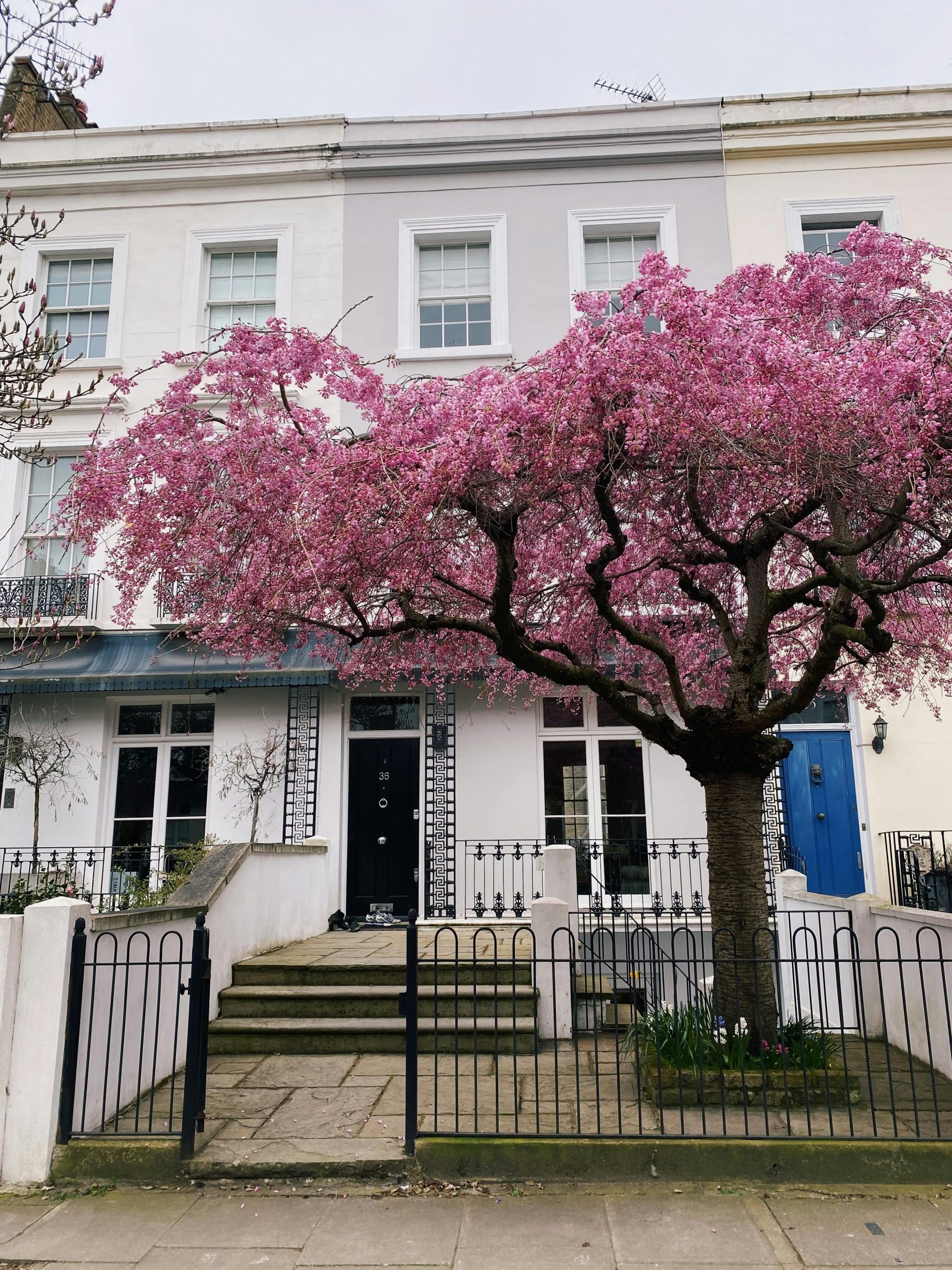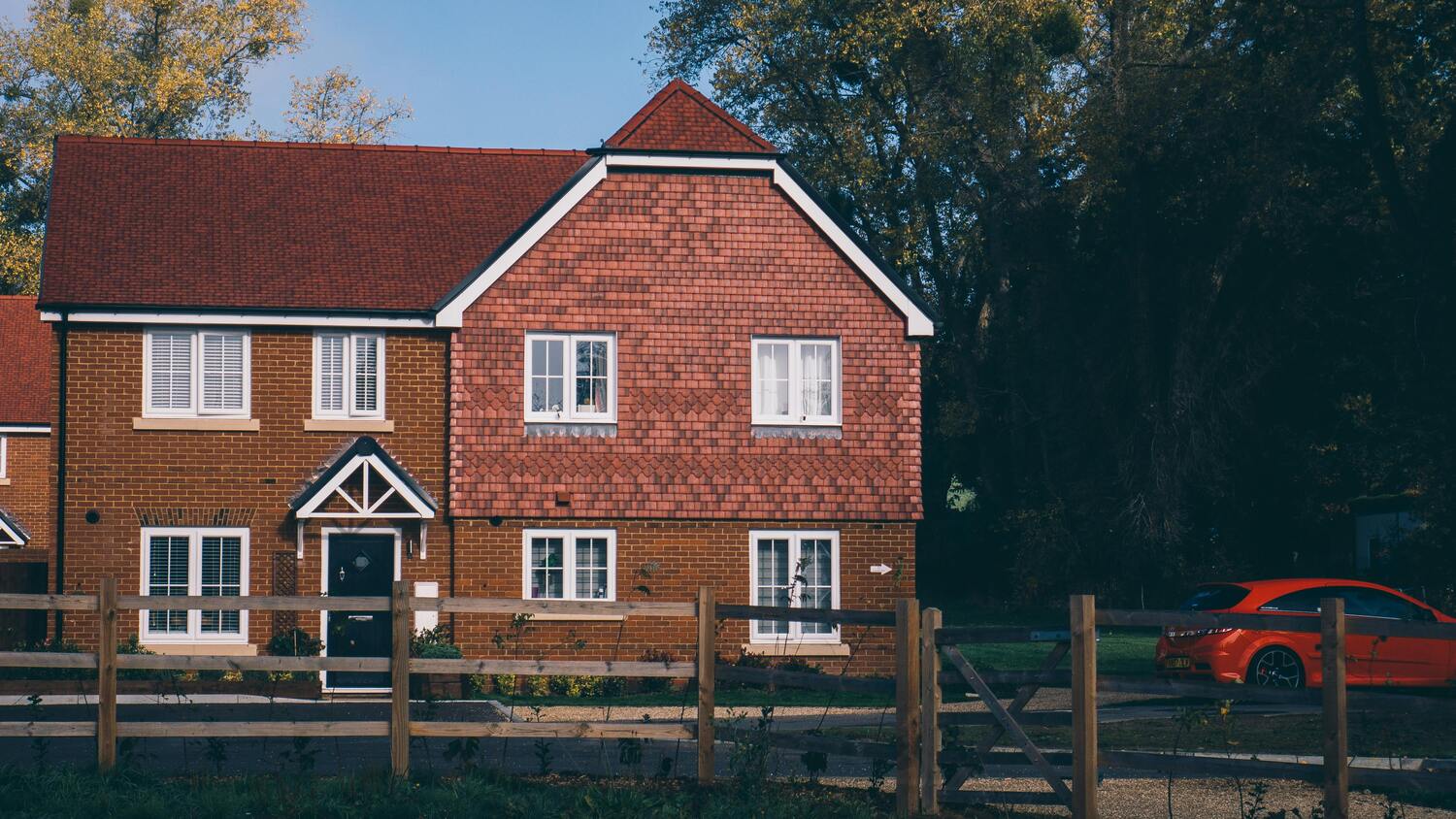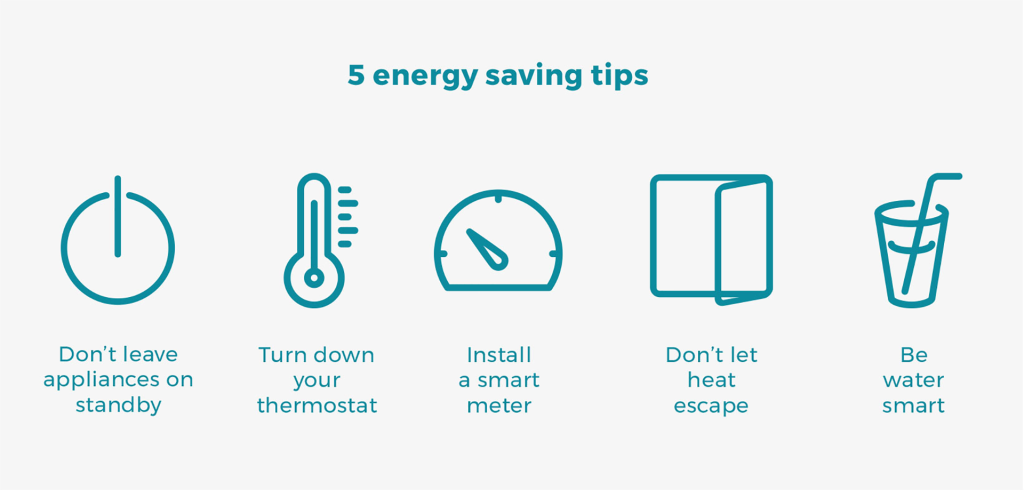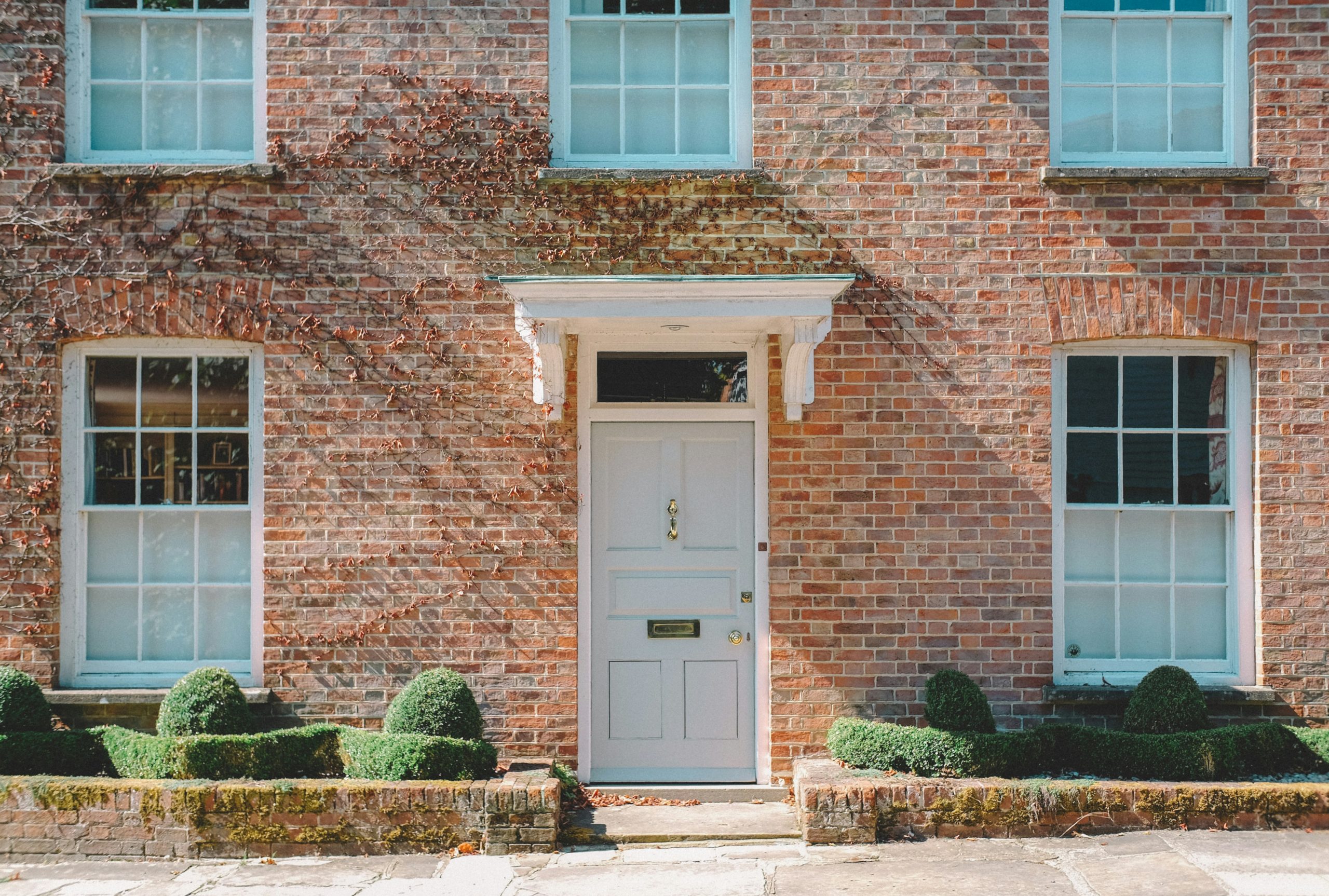This article was published on Fri 18 Dec 2020. At the time of publishing, this article was true and accurate, however, over time this may have changed. Some links may no longer work. If you have any concerns about this please contact us
We are pleased to announce that we have today completed the transfer of Police Mutual’s IFA and mortgage advice services to Tenet – one of the UK’s largest financial adviser companies.
Our IFA service has become part of Tenet & You, and our mortgage advice business has become part of Tenet Mortgage Solutions Ltd, both financial advice businesses within Tenet.
The transfer was subject to consultation, and in respect of our IFA business, required clients representing at least 80% of the IFA business’ annual renewal income to sign new Client Agreements with Tenet. We are delighted to confirm that this threshold has been exceeded.
Why is the transfer positive news?
As part of Police Mutual’s transfer into Royal London Mutual Insurance Society Limited, there was a strategic review of the services provided by Police Mutual, including the Independent Financial Advice (IFA) and mortgage advice services.
We believe that the advice, service and support provided by our IFA and mortgage advice teams is important and highly valued by customers. To ensure the on-going provision of the IFA and mortgage advice services, while also aligning to Royal London’s business model, we have transferred these services to Tenet.
Our IFA and mortgage businesses’ colleagues have all transferred to Tenet under TUPE (Transfer of Undertakings (Protection of Employment) Regulations).
What does this mean for IFA and mortgage advice service customers?
- IFA customers who agreed to transfer will continue to be provided with the trusted, specialist advice they expect. Their adviser will remain the same now the deal has completed. Obviously, going forward, as with any business, as Tenet develops the business, the structure of how it provides services to customers may evolve
- Tenet & You also has access to investment models and systems which may result in reduced investment portfolio and platform charges
- For mortgages customers, now the deal has completed their adviser will remain the same – continuing to provide expert, tailored award-winning advice via the fee-free Mortgage Advice Service
What does this mean for all other Police Mutual customers?
- We are able to refer any Police Mutual customers to Tenet if they want IFA or mortgage advice in the future
- We are now promoting Tenet’s propositions to our customers
Why Tenet?
Tenet has won multiple awards for the services it provides. Like ourselves, it believes in establishing and maintaining long term relationships to help customers throughout their financial journey. Tenet is owned by corporate shareholders Aegon UK Distribution Holdings Ltd, Aviva Life and Pensions and Aberdeen Standard Life PLC.
We believe that Tenet is an excellent fit as its focus is on providing great service allied to value for money. It also shares similar, complementary values to Police Mutual, being focused on improving the lives of its customers, who are at the heart of all that it does.
Want to learn more? Access our wellbeing hub here.






